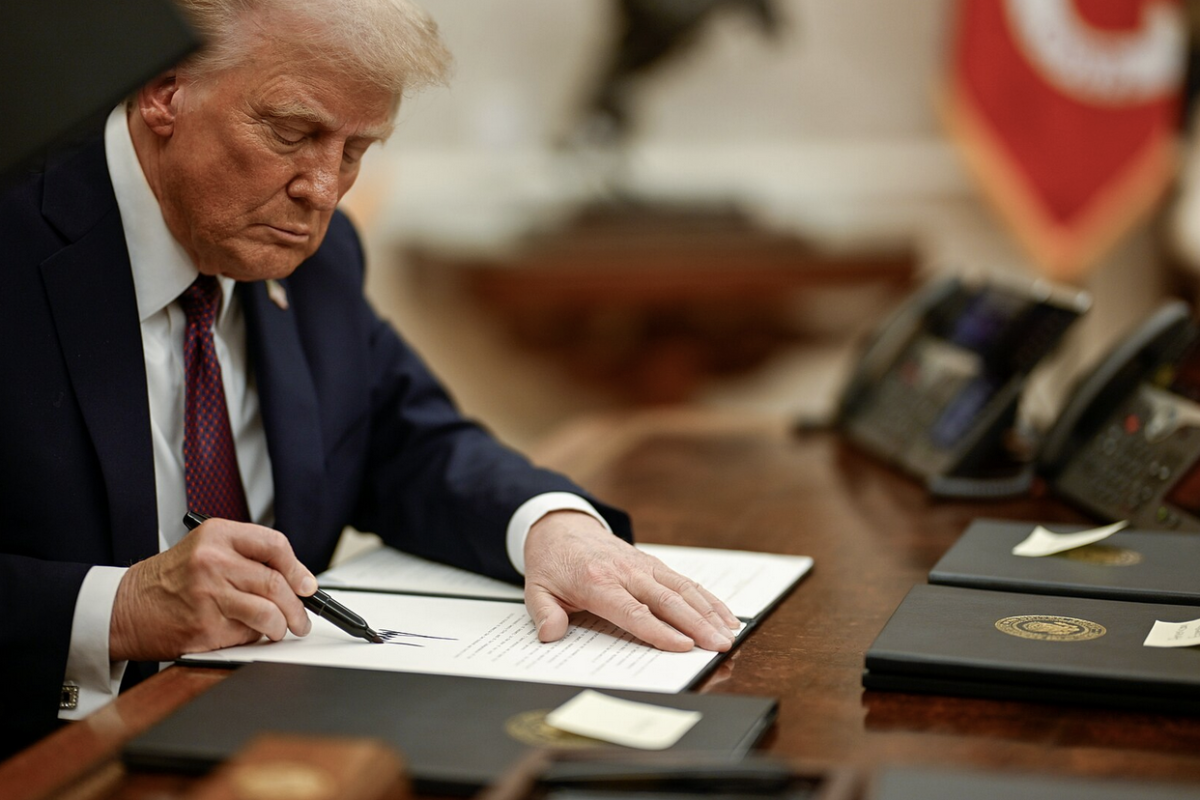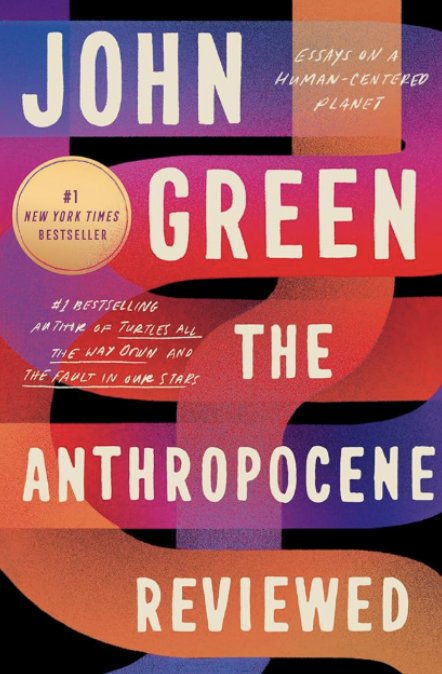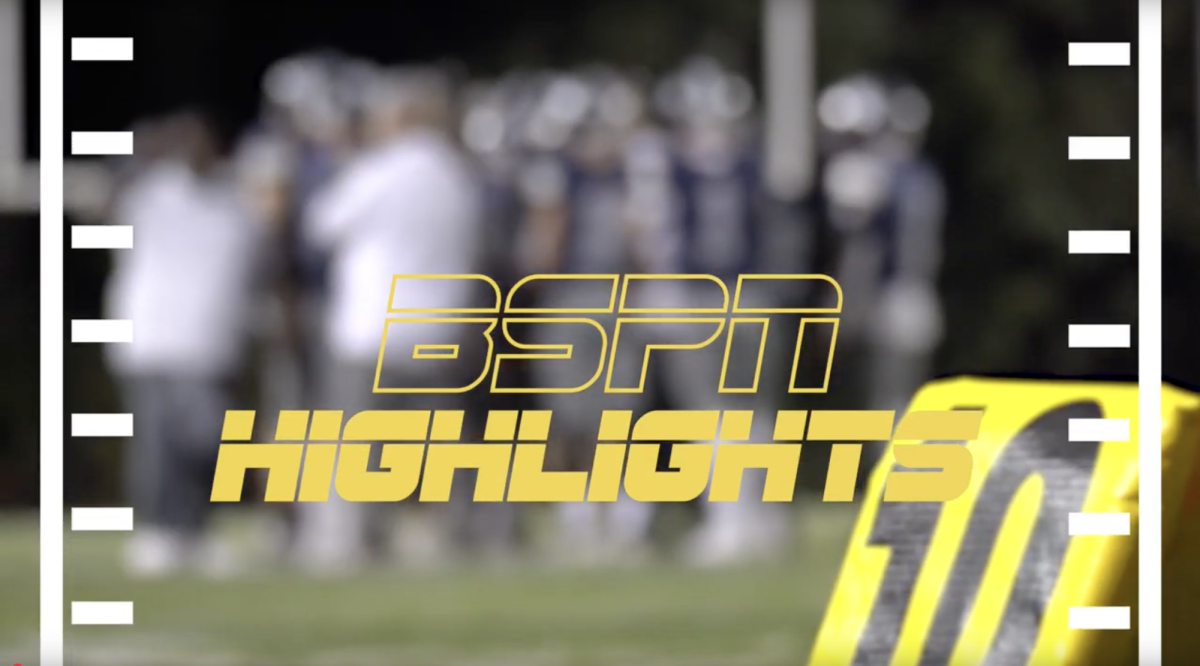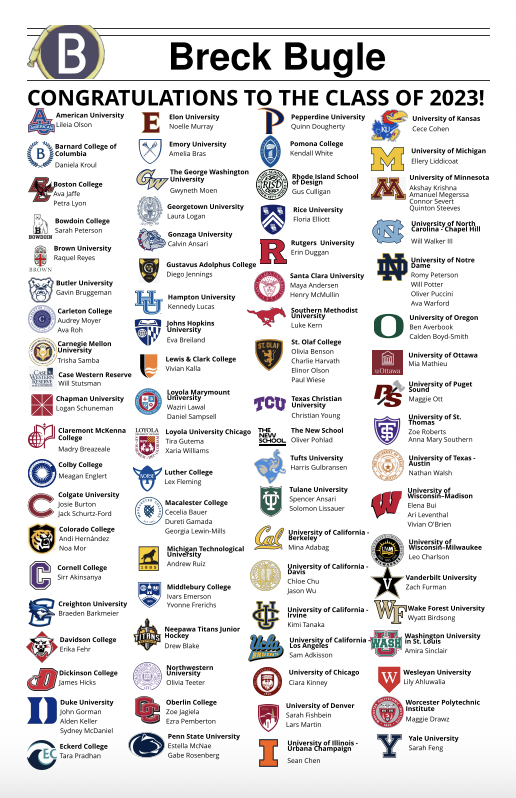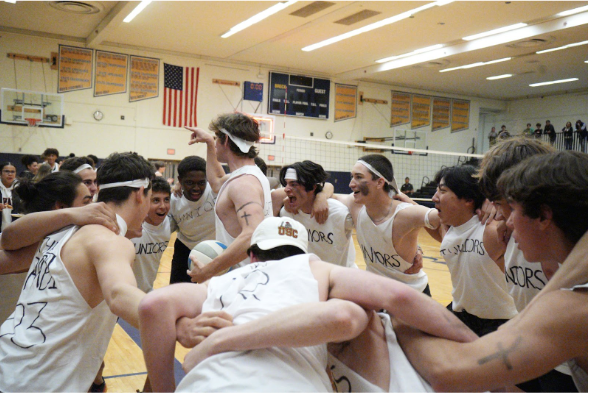


With the tragic emergence of COVID-19 onto the global stage, colleges across the nation made significant changes to their admission processes. Many top colleges and universities altered their requirements for admission, dropping the need for a standardized test. This allowed students the decision to submit test scores if they felt they were an accurate representation of their academic abilities. According to the New York Times, research has shown that standardized tests put less wealthy students at a disadvantage, intrinsically favoring wealthier students.
On February 5, 2024, students and parents alike awoke with a strong concoction of emotions — some overwhelmed with happiness, and
some with horror. Dartmouth College, a fine institution based in Hanover, New Hampshire, had announced a return to a test mandatory system for all applicants beginning with the Class of 2029. This was the result of an internal study that found standardized testing was a better, more consistent indicator of collegiate success than GPAs. Both Yale and Bro
wn followed suit, signaling a larger shift within the academic hierarchy that encapsulates so much of Breck students’ time and attention.
However, not all elite universities have taken the same approach. Both Princeton and Harvard have committed to a test optional approach through the Class of 2030, and Stanford through the Class of 2029. Although their future policies remain unclear, it is clear that these establishments believe they can continue to find the most qualified candidates without standardized tests.
These decisions have a polarizing effect on the Breck student body, driving colossal rifts between students. Max Aaronson ‘24 says, “I would disagree with Dartmouth’s conclusions about standardized testing. Standardized testing accentuates differences between socio-economic status rather than creating a level playing field for all”. On the other hand, Noah Levinsohn ‘24, believes that “[standardized tests] are the only true measure of intelligence”. Seth Johnson ‘25 was also in favor, saying of Dartmouth’s decision, “I think it is overall good. There is too much variance between the academic rigor of different schools, so a standardized test is imperative in a college’s search for a student”.
While some believe that these universities’ decisions have caused a domino effect of colleges returning to pre-pandemic requirements, others believe that testoptional will continue to be the norm. Whatever the future holds for these institutions, one thing is for certain: Breck students will be watching closely.





